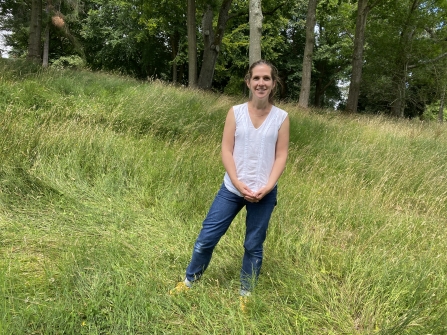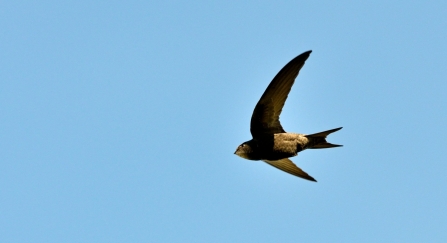Avon Wildlife Trust has been calling on Councils across the West of England to declare an Ecological Emergency and take urgent action to reverse declines in wildlife and restore the natural systems on which we all depend.
Bath and North East Somerset Council’s Declaration sets out the actions that the Council is taking to address the Ecological Emergency alongside the Climate Emergency that it declared in March 2019. Action on these twin emergencies will aid in nature’s recovery in Bath and the surrounding area and we look forward to working with B&NES Council as this comes to life.
Councillor Jess David (Moorlands), he B&NES Member Advocate for Biodiversity, who proposed the motion to Declare an Ecological Emergency said:
“The Ecological Emergency refers to the damage to the natural environment, biodiversity and ecosystems caused by human activity. Over-exploitation of the earth’s resources, coupled with poor land management and industrialised agriculture, are risking mass extinction of species and destruction of irreplaceable habitats.
“We are dependent on the natural environment and ecosystems for clean water and air, food and protection, essential for our survival and the survival of our society and economy. This is a global and a local problem.
“The need to radically and quickly cut carbon emissions to prevent further global heating is the focus of the Climate Emergency declaration. Many actions which protect and restore the natural environment can also increase absorption of carbon from the atmosphere - tackling both emergencies in parallel.
“By adopting this motion, we will fully recognise the Council’s core policy of tackling the climate and nature emergency. We will also highlight what is already being done at local, regional and national level, as well as what more we need to do.


